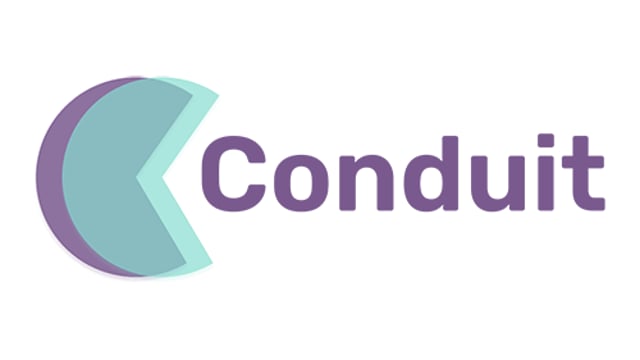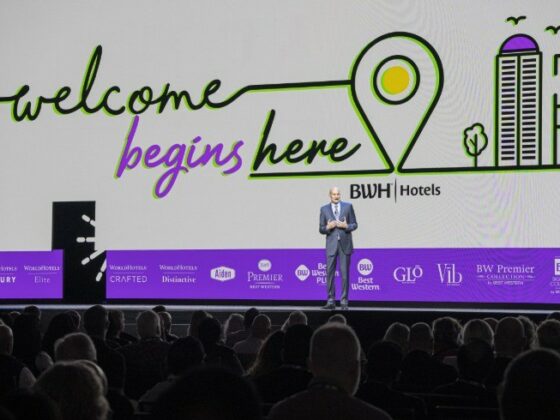
Cloud-Based Monitoring
Cloud-based monitoring systems are another game-changing technology transforming the food supply chain. By collecting data from IoT sensors, AI cameras, and other devices, cloud platforms centralize real-time data on food conditions and supply chain operations. These platforms provide instant access to critical information from anywhere, allowing supply chain professionals to make data-driven decisions on the fly.
In addition to improving operational efficiency, cloud platforms offer powerful data analytics tools that can identify patterns and predict potential issues. For example, they can alert managers to recurring temperature fluctuations or equipment failures, allowing for proactive intervention. This not only helps prevent spoilage but also optimizes supply chain processes, saving time and money in the long term.
Real-World Impact: Technology in Action
The application of these technologies is already delivering impressive results across the food industry. Here are just a few examples of how they are making a difference:
- Reducing Spoilage: A food distributor utilized automated temperature tracking to monitor the storage and transport conditions of perishable goods. This system resulted in a 25% reduction in spoilage, significantly cutting costs and ensuring more products reached their destination in good condition.
- Preventing Contamination: A food manufacturer incorporated AI-powered cameras into their inspection process to check for contaminants in ingredients before production. By identifying contamination early, the company avoided a potential recall and maintained high-quality standards in their final products.
- Improving Compliance and Quality: A global food distributor used a cloud-based monitoring system to track temperatures and conditions of shipments in real time. This system not only ensured compliance with regulatory standards but also improved product quality by quickly identifying issues during transport.
Overcoming Implementation Challenges
While the benefits of these technologies are clear, the implementation process is not without its challenges. The upfront cost of installing IoT sensors, AI-powered cameras, and cloud infrastructure can be significant. However, the long-term savings in reduced spoilage, improved efficiency, and fewer recalls often outweigh the initial investment.
Data security is another critical concern, particularly with the growing reliance on cloud-based systems. Companies must ensure that sensitive information is protected through strong encryption protocols, multi-factor authentication, and regular security audits.
Lastly, training employees to effectively use these technologies is key to maximizing their value. If employees misinterpret data or overlook critical alerts, it can undermine the effectiveness of the systems. Investing in training and education is crucial to ensuring successful implementation.
The Future of Food Ingredient Supply Chains
As technology continues to evolve, the future of food ingredient supply chains looks increasingly promising. Emerging trends, such as blockchain for food traceability and predictive analytics powered by AI, will further enhance transparency, reduce waste, and improve operational efficiency. Blockchain, for example, could provide consumers with an immutable record of where their food comes from, increasing trust in the supply chain. Meanwhile, AI-driven predictive analytics could help prevent disruptions by anticipating potential issues before they occur.
In conclusion, technology is revolutionizing food ingredient supply chains by improving transparency, safety, and efficiency. Automated temperature tracking, AI-powered cameras, and cloud-based monitoring systems are already making a significant impact, reducing waste, ensuring compliance, and maintaining product quality. As technology advances, the future of food supply chains will be more responsive, sustainable, and secure benefiting both businesses and consumers alike.








